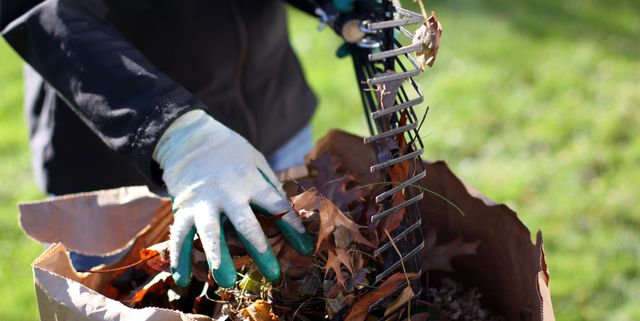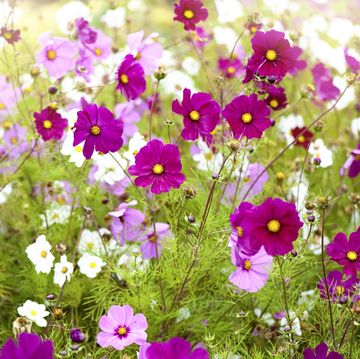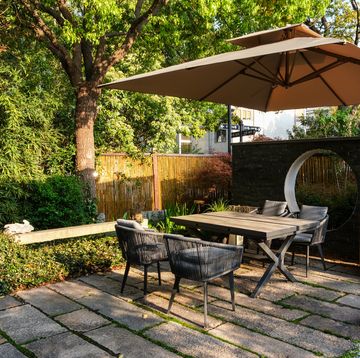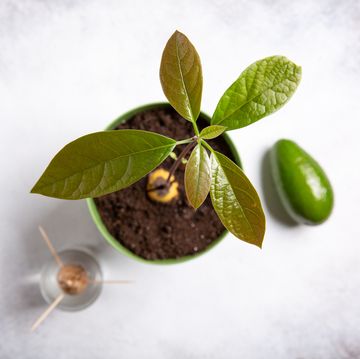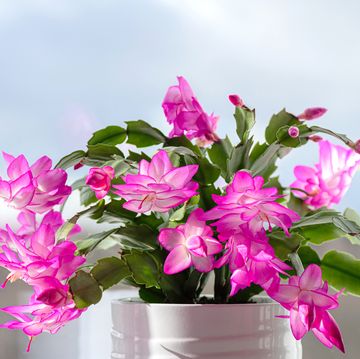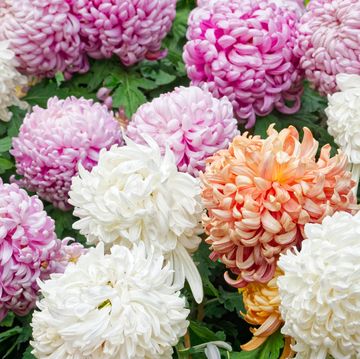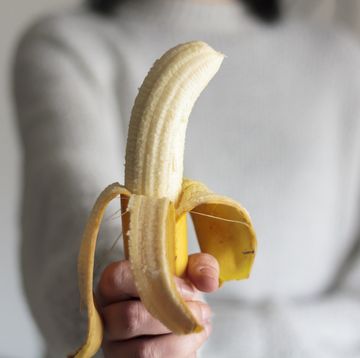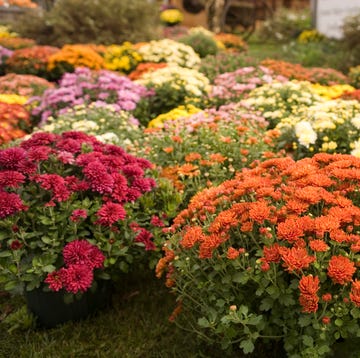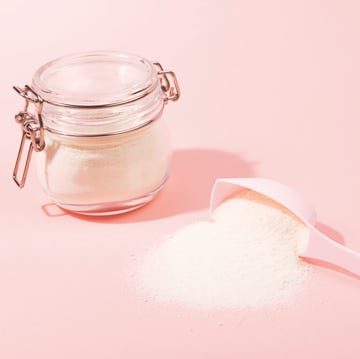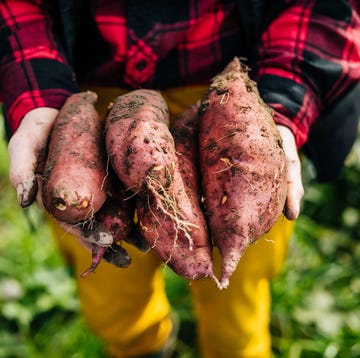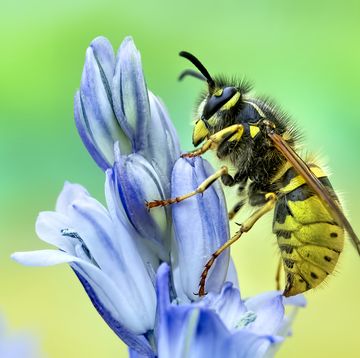Truly messing up your compost is hard to do. Throw organic matter in a pile outdoors and it will break down eventually, even if you never look at it again. "There’s no right way to compost," says Rick Carr, compost expert at the Rodale Institute’s organic farm. "I’ll never tell someone they’re composting wrong, or insist that a 75-year-old needs to go out and turn her compost pile twice a year with a pitchfork'
But if you want to save yourself some trouble with pests while making compost that’s richer in nutrients and easier to maintain, Carr is your go-to guy. Here's what he says people commonly do that can cause composting problems, and how to fix it.
1. You don’t cover up food scraps.
There are three important reasons to cover up food scraps in your pile: 1) so it doesn’t get smelly, 2) so the raccoons and other critters don’t come knocking, and 3) to ensure you maintain a good balance of green and brown material.
Carr uses a lasagna-style method in his own compost pile: He starts with a layer of dried leaves on the bottom and creates a nest in the middle for his food waste. Then he covers the food waste with another thick layer of brown material, making sure none of the food waste is peeking through. He likes to keep his kitchen scraps in a five-gallon bucket with a tight lid until he has enough for a complete lasagna layer.
2. There’s not enough diversity.
"If you put a lot of the same thing in your compost, it will be uniform in nutrients and microbes," Carr explains. So even though you’ll eventually end up with beautiful black soil if you only ever add lettuce stems, potato peels, and yard waste to your pile, it won’t have the diversity of nutrients and good bacteria that really makes compost valuable in the garden. Carr says you can compost just about any scraps that come out of your kitchen, which has the double benefit of diverting food waste from landfills and giving you a superior final product all at once. "The only things that should never go in your compost pile are glass, metal, styrofoam, and plastic," he says.
Carr also adds that you absolutely can compost meat scraps (he does), though doing so is somewhat controversial. The reason people often warn against composting meat is that it can attract vermin and may not decompose quickly and safely in a backyard pile that isn’t hot enough to kill off pathogens. On the flip side, fish and meat are rich in nutrients that make great fertilizer. Beginners should stick with plant waste until they feel they’ve mastered the composting process.
3. You chop everything into tiny pieces.
Diversity matters when it comes to size, too. Some people think that the more you chop up your food and yard waste, the better results you’ll have with your compost. While it’s true that cutting things up can accelerate decomposition, too much chopping can lead to a soupy, soggy pile. That’s because if you cut everything into tiny pieces, your pile will lack pore spaces for air, and air is crucial to the decomposition process.
Carr uses the example of an apple: Cutting it into quarters would be beneficial, but putting it in a blender would hurt your compost as well as waste of energy. On a bigger scale, there’s really no reason to mulch your leaves.
4. You don’t keep enough leaves on hand.
After you rake your leaves this fall, don’t toss them in the incinerator or bag them for the trash collector. Since you need lots of brown leaves for layering in your compost pile throughout the year, Carr advises saving them up if you have the space. He packs his in several large metal trash cans, or you could also put them in a few trash bags inside your shed. This way you’ll always have enough brown waste to cover up your food scraps during summer months. If you run out of leaves, Carr says you can purchase a bale of straw instead.
5. You add too much grass.
Composting may seem like the organic solution to unwanted grass clippings, but Carr says they’re actually not that beneficial to your pile. "Clumps of grass form mats that block the airflow in your pile, which can make it dense and soggy," he explains.
Grass is also high in nitrogen, which can throw off the balance of your pile and make things stinky. If you really want to put grass in your pile, mix it with dry leaves as you’re adding it. But really, you’re much better off just leaving clippings where they fall so they can help fertilize your lawn.
6. You pile too much compost on your garden.
When it comes to actually using your finished compost, there can be a tendency to go overboard. For starting seeds, you should never use 100% compost because it holds too much water and has a high mineral salt content, which prevents seeds from germinating. Carr says you can amend your potting mix with 25 to 50% compost, but no more. As for your raised beds, he recommends mixing up to two inches of compost into your soil yearly. If the soil is well established, you may only need one inch of compost.
